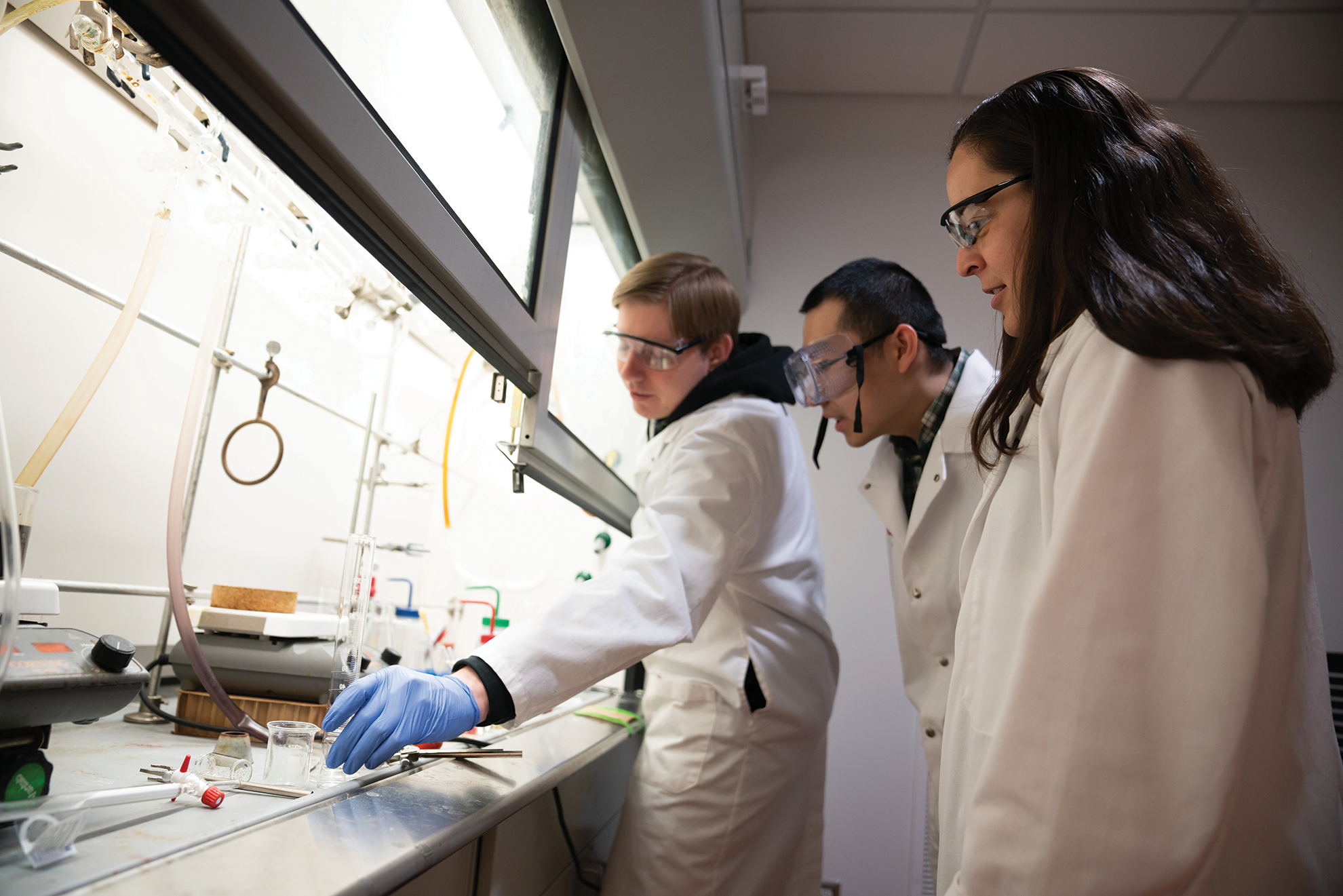After years of collaborations—as well as multiple landmark discoveries—the U and Idaho National Laboratory (INL) have signed an agreement to further their work advancing the nation’s energy and security technology, among other efforts.
The newly signed Strategic Understanding for Premier Education and Research, or SUPER agreement, allows the organizations to explore deeper research partnerships and expand opportunities for students and faculty. The five-year agreement solidifies what had been individual peer-to-peer agreements between laboratory researchers and university faculty members.
“The work of Idaho National Laboratory is critical to our country’s continued success, and our university stands ready to support that work,” says U President Taylor Randall HBA’90. “This type of collaboration with government and industry partners is made possible through continued investment in research facilities on our campus, and we are grateful for the continued support of state leaders who share this vision.”
INL is one of 17 facilities operated by the U.S. Department of Energy, and it’s tasked with addressing everything from climate change to discovering the origins of our universe. The lab near Idaho Falls is also the nation’s center for nuclear energy research and development.
The news was unveiled at a Utah Capitol press event that included elected officials as well as leaders from the U and INL. College of Engineering Dean Richard Brown says U researchers are working with INL scientists on several efforts, including a system to create priority wireless access for first responder agencies during emergencies; an underground field laboratory for geothermal research; the development of low-cost production for a nuclear isotope that could lead to advances in the diagnosis and treatment of cancer; and advanced battery technology.




Comments
Comments are moderated, so there may be a slight delay. Those that are off-topic or deemed inappropriate may not be posted. Your email address will not be published. Required fields are marked with an asterisk (*).